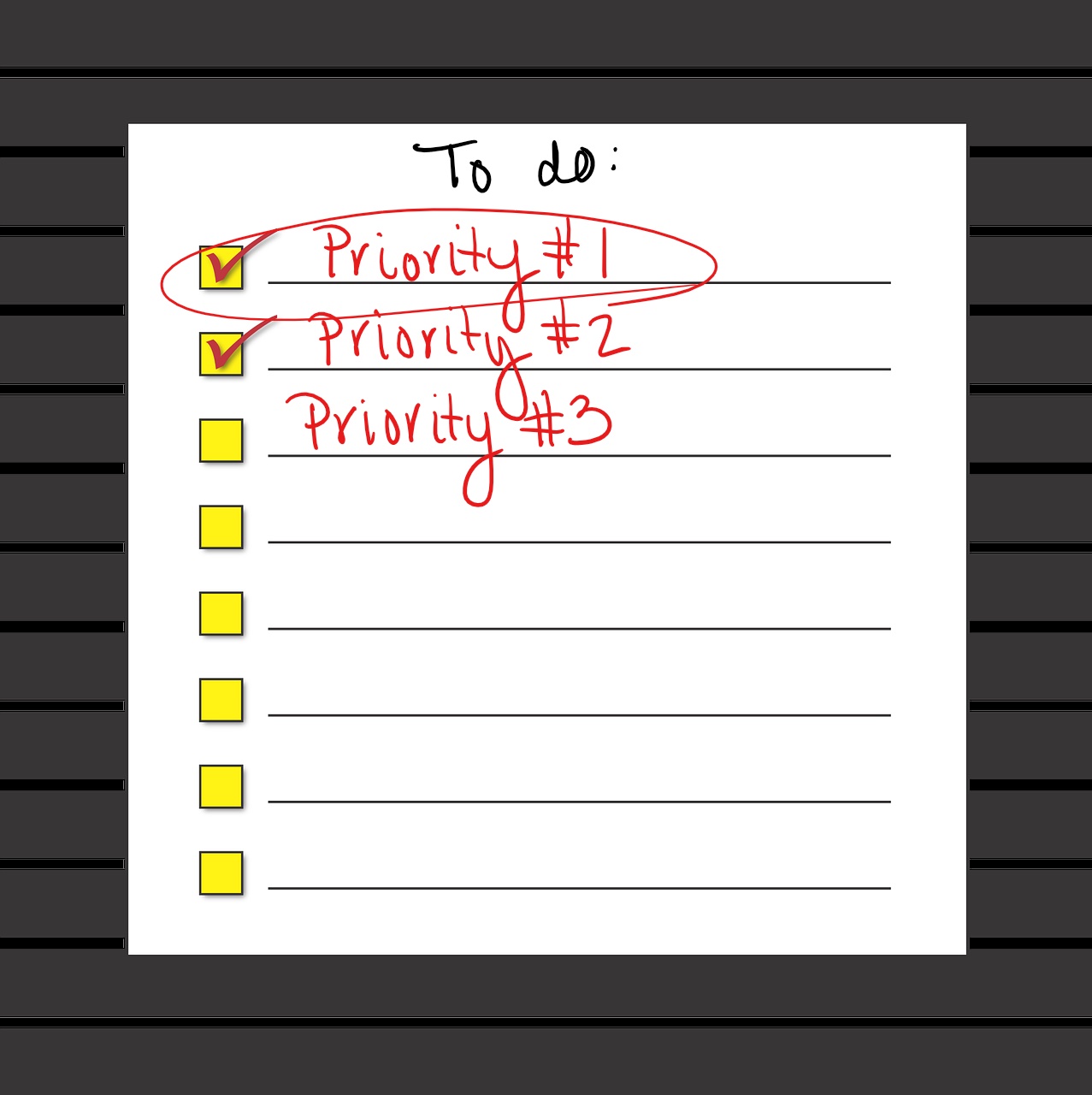An Explanation of How That System Works
This is the third post in the Blueprint for Building A Better Proposal series. The first focused on the importance of communication between contractor and customer and the problems that can happen without it. The second listed the foundational pieces of the proposal system.
In this post we’ll take an overview of the process and how the different pieces fit together.
 STEP 1 – Gathering Information
STEP 1 – Gathering Information
Once you’ve been contacted by a potential customer schedule a meeting to discuss the customer’s dreams and find out what they hope to get from this project. At this initial meeting you will gather information –
-
Measurements and dimensions, existing and new
-
Building materials, existing and new
-
Pictures of pertinent areas and existing construction
-
Customer’s design ideas and finishes
The information gathered in this meeting can be recorded in a variety of ways. The important thing in this step is to gather any and all information needed to prepare an accurate proposal. It can be handwritten on a printed out Bid Sheet. It can be typed in an electronic Bid Sheet on a tablet, smart phone or laptop. The purpose for using the Bid Sheet is that all the areas of a construction project are listed out, this minimizes overlooking things.
STEP 2 – Preparing the Scope of Work
After the preliminary information has been gathered it’s time to clarify the scope of the project by writing out the description of each specific task in terminology that both the customer and the contractor understand. It needs to include enough specifics to be thorough without being too technical. It doesn’t help communication if it’s confusing for the customer. This written description on the Bid Sheet gets transferred to the Proposal and serves as a written scope of work to be performed and materials to be provided.
STEP 3 – Pricing the Project
 Next is putting prices to the project. This process involves two different Excel spreadsheets, the Worksheet and the Data Base. Based on the descriptions written on the Bid Sheet, content from the Data Base will be copied and pasted into the correlating cells on the Worksheet. After the pertinent information from the Data Base has been placed on the Worksheet it’s time to fill in the specific quantities.
Next is putting prices to the project. This process involves two different Excel spreadsheets, the Worksheet and the Data Base. Based on the descriptions written on the Bid Sheet, content from the Data Base will be copied and pasted into the correlating cells on the Worksheet. After the pertinent information from the Data Base has been placed on the Worksheet it’s time to fill in the specific quantities.
STEP 4 – Quantities
On the Worksheet you will fill in the quantity needed to do the work on that line item. This may be lineal feet, square feet, square yards, cubic feet, cubic yards or numbers of pieces. Once this is completed you will now have prices for the Proposal.
STEP 5 – Preparing the Proposal

Now you have everything you need to prepare the Proposal. You will use the description from the Bid Sheet and the prices from the Worksheet and put them both on the Proposal. Now you have a description for each specific task to be provided and the price for each. After filling out the customer’s information, the total project price, how payments are to be made and the duration of time to do the project, the Proposal is ready to present to the customer.
Next week I’ll go into the details of Gathering Information.



 STEP 1 – Gathering Information
STEP 1 – Gathering Information









 Just like everyone of us is different and unique, so were their stories. Even with all the differences each one expressed common feelings of the warmth of the church. (Just like a warm blanket on a cold night.) It didn’t matter what their situation was, they felt wrapped up in warmth.
Just like everyone of us is different and unique, so were their stories. Even with all the differences each one expressed common feelings of the warmth of the church. (Just like a warm blanket on a cold night.) It didn’t matter what their situation was, they felt wrapped up in warmth.


 He asked if this was a problem. My partner told him no, it wasn’t a problem. Guess what…
He asked if this was a problem. My partner told him no, it wasn’t a problem. Guess what…
 What if I told you that there is such a system and you could have it? There is and it’s going to become available in the next few months. Over the next several weeks we are going to breakdown the system, go through the different documents and processes in detail and explain how it works.
What if I told you that there is such a system and you could have it? There is and it’s going to become available in the next few months. Over the next several weeks we are going to breakdown the system, go through the different documents and processes in detail and explain how it works.














 Trying to DO EVERYTHING for EVERYBODY has been something that I have always struggled with. There’s just so many great things to be done and someone needs to do them. It never works any time anybody tries it. We have to learn to say no.
Trying to DO EVERYTHING for EVERYBODY has been something that I have always struggled with. There’s just so many great things to be done and someone needs to do them. It never works any time anybody tries it. We have to learn to say no.


 Currently we are sitting in the hotel lobby, waiting to get back into our room, which we are locked out of and our stuff is inside the room. It appears that the battery on the electronic code reader is dead. Technology’s great…when it works.
Currently we are sitting in the hotel lobby, waiting to get back into our room, which we are locked out of and our stuff is inside the room. It appears that the battery on the electronic code reader is dead. Technology’s great…when it works.